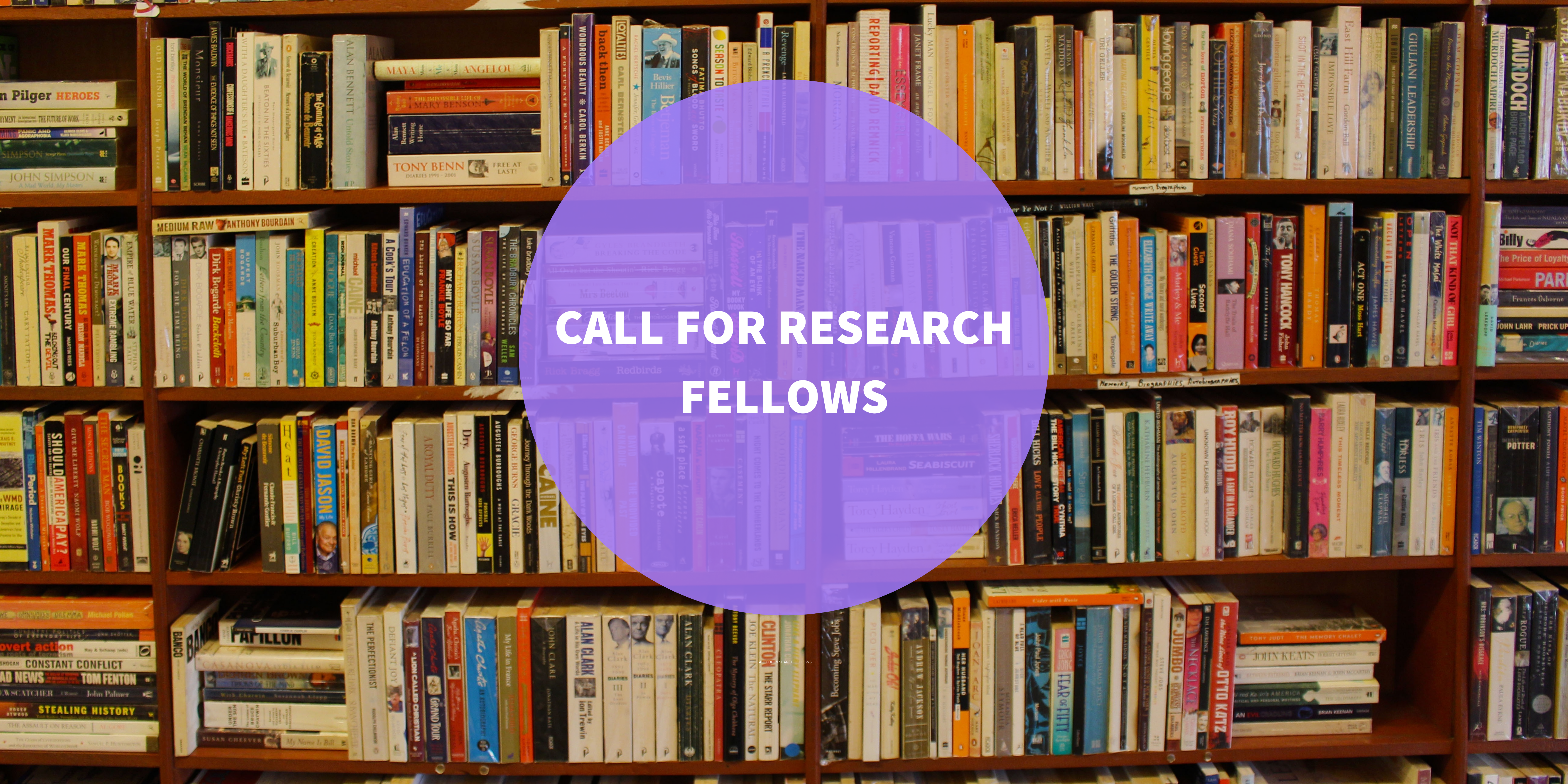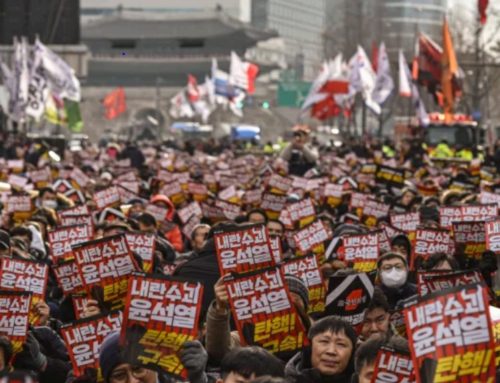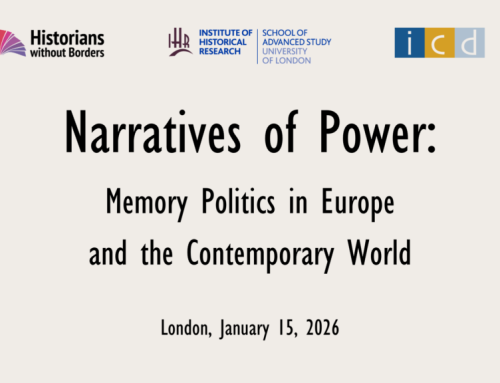EuroClio is currently looking for Research Fellows to join our research team. As a Fellow, you will be researching different themes related to the state of history education with a global perspective and the work that EuroClio and similar associations and organisations do. We are looking for candidates with a proven record of research who are available to conduct research in the upcoming months. The Fellowship is an effort to bridge the gap between academics and educational practitioners. We also want to support researchers’ careers and foster excellence in research.
What do we offer?
EuroClio will provide researchers with access to stakeholders and relevant actors in history education. In addition, EuroClio will offer the possibility to develop focus and focal groups and in-depth interviews at its in-person events. As an NGO active in more than 50 countries and maintains a network of 25,000 inspiring history, citizenship and heritage education professionals worldwide, EuroClio offers the Fellows access to the relevant stakeholders and actors for the research. Additionally, within EuroClio’s network, several educators have already expressed a willingness to participate in the research.
By being a member of the research team, you will be part of a network of researchers interested in similar topics and who have gone through similar experiences. In addition, Fellows will be in contact and work collaboratively with the Research Coordinator of EuroClio, who will track their progress and discuss their professional development to ensure that the Programme meets their expectations and contributes to their future career interests and development.
Fellows will be offered in-house training programmes adapted to the needs of the research and field. These trainings will focus on different topics such as ethical guidelines, data collection, peer learning and review, and conducting transcultural and transmethodological research.
Additionally, Fellows will be supported to participate in international conferences and workshops and publish their research outcomes in relevant academic and non-academic publications. For this, EuroClio will cover the cost of travel, stay and attendance for one conference per year, chosen by the Fellows according to their interests, for up to five fellows. Additionally, EuroClio will offer peer review and editing services for the publication of the research outcomes. Furthermore, EuroClio will offer the possibility to share the output in non-academic formats such as video animations, podcasts and relevant websites.
Fellows will be able to use EuroClio’s transcription software and technical equipment (i.e., recorders) for the development of the research.
The selection committee will review applications based on:
- Scientific merit and research track.
- Relevance of research topics and latest publications.
- Added value to the research group.
What do we ask?
- The Fellows must join the monthly meetings of the research group and all the training provided.
- Fellows should share their results within the research group and provide feedback and support to each other.
- Fellows should be involved in the project design and setting the research priorities.
- Fellows will conduct research in line with EuroClio’s work and mission.
- Fellows will comply with the ethical guidelines, code of conduct and data collection and protection policies as established by EuroClio.
Profile of the researcher
- Accountability: Taking responsibility for and ownership of research actions, following through on commitments and decisions.
- Accuracy: Conducting research requires detail-oriented precision.
- Adaptability: Being able to quickly adapt to changing or challenging circumstances, responding in innovative ways.
- Analytical Thinking and Creativity: Project design and the development of the planned research activities require analytical thinking and creativity.
- Independence: The Fellows will work collaboratively in the research design, analysis and sharing. Fellows are also expected to conduct research independently with minimal supervision.
- Intercultural communication and empathy: Valuing and recognising diversity and the ability to communicate respectfully with colleagues or partners from any cultural, ethnic, or religious background at all times.
- Leadership: The selected Fellows should be able to acquire the necessary skills for a research leader role.
Eligibility Criteria
Researchers interested in the fellowship
- Must be knowledgeable and experienced in qualitative (i.e., focus and focal groups and in-depth interviews) and/or quantitative (i.e., questionnaires) methodologies.
- Must have proven experience in research in the form of publications and dissemination of the research (as participants in conferences, workshops, etc.). Experience conducting research outside academia is not a must but is valuable.
- Applicants with an academic profile should be enrolled in a relevant PhD programme or have a PhD degree in a related field to history education and/or memory studies.
- Applicants with a non-academic background but working at international and national organisations, associations or institutes working in the field of history education and with a proven research background and experience.
- Fluency in English and excellent writing skills;
- Knowledge of other languages is a strong asset;
- Proficient in Microsoft Office (Outlook, Word, Excel, PowerPoint) and transcribing software (Descript) is an asset.
- As there is a possibility to conduct in-person research, the Fellows must be able to travel to and within Europe – as EuroClio’s and its partner’s activities mostly take place in Europe.
Application Procedure
Interested researchers can submit their application by November 15, consisting of an academic CV, a motivation letter and the contact information of two referees via email to Paula O’Donohoe (secretariat@euroclio.eu) with the subject line: Application for EuroClio Research Fellowship. We are accepting applications on a rolling basis. The application procedure consists of two rounds, including (online) interviews.













